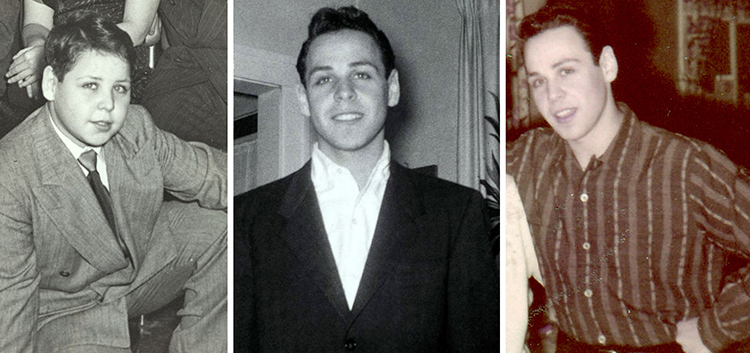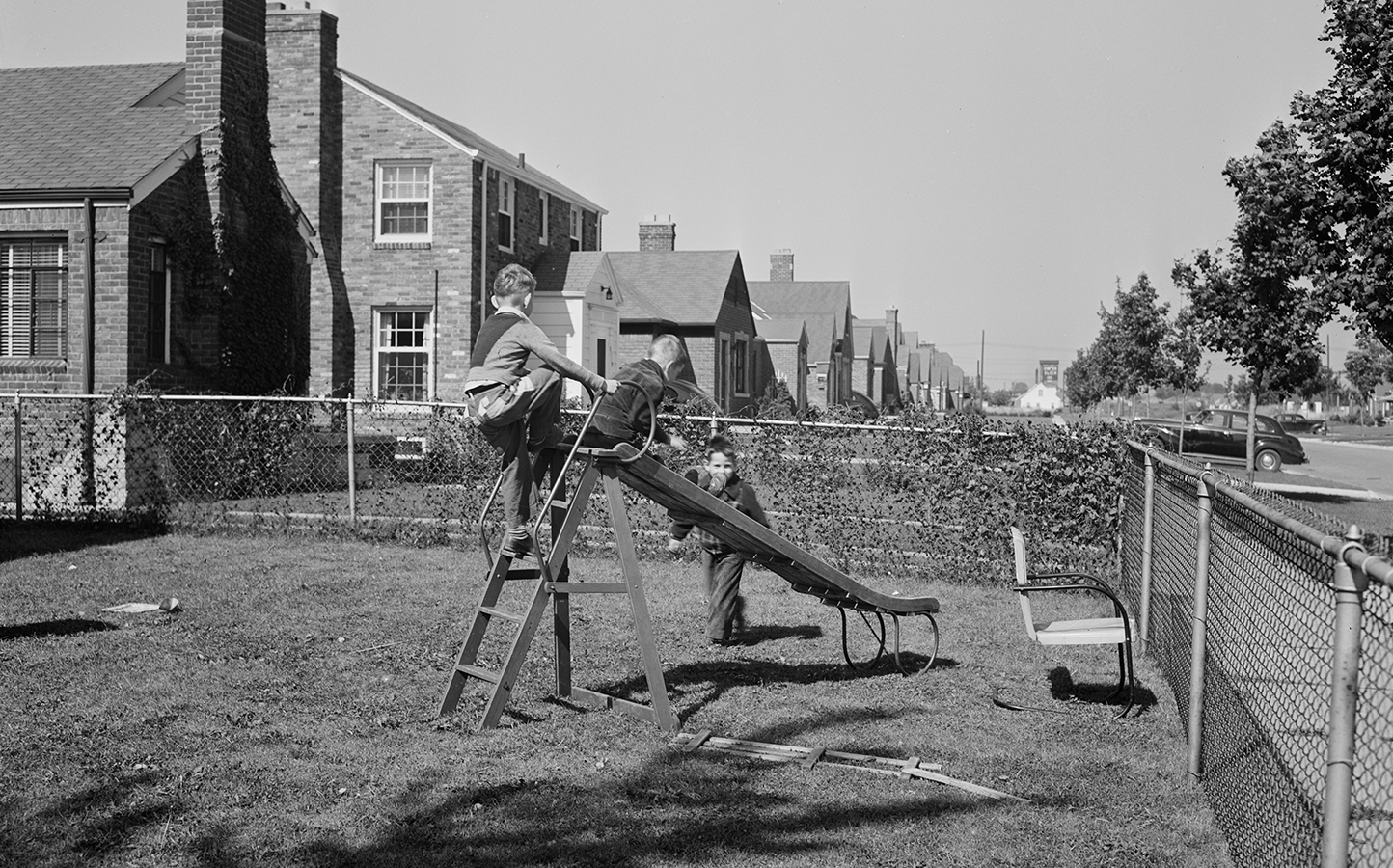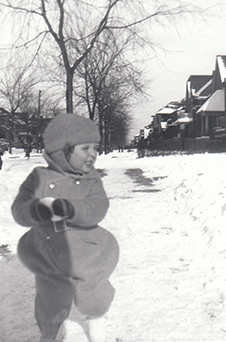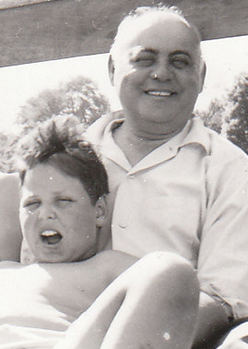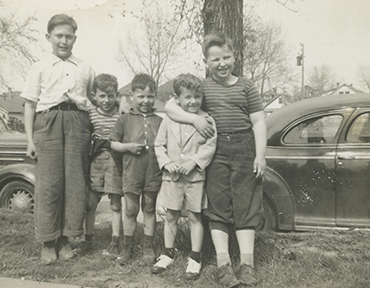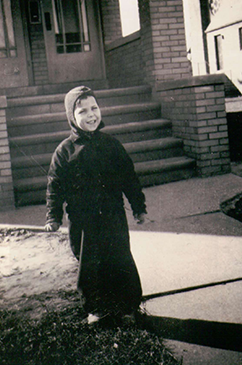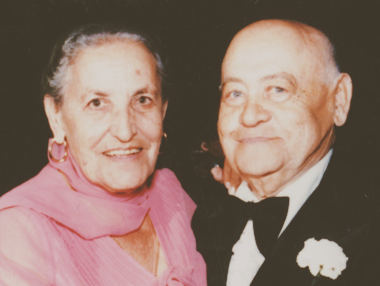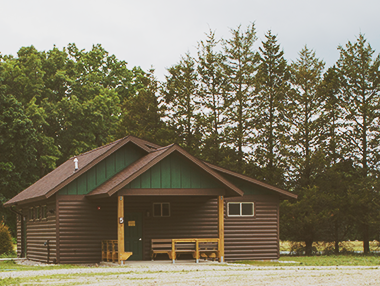The Influence of Jewish Heritage
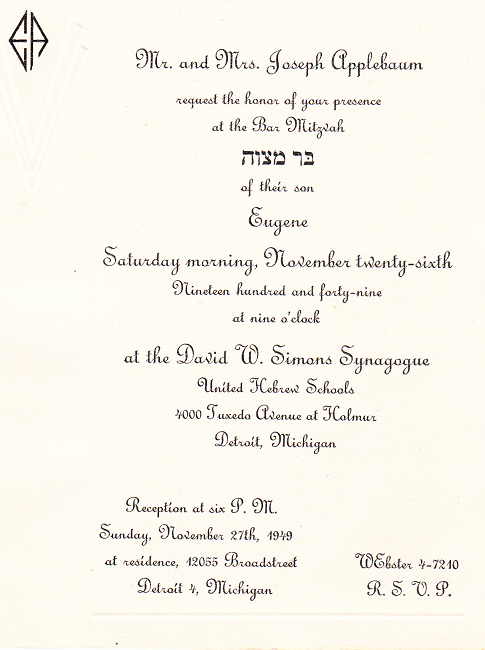
Image: Gene's Bar Mitzvah Invitation, 1949
The influence of Jewish heritage left an indelible impact throughout his childhood. Growing up, Gene remembered his family listening to Rachmaninoff and Yiddish music (it wasn’t until after high school that he started listening to American Bandstand).
He spent holidays at his uncle’s and would sit with him in synagogue at B’nai David. He studied for his bar mitzvah at United Hebrew Schools and after, his mother threw him a party at the house. Gene recalled using both Yiddish and English at his bar mitzvah:
“I gave a speech both in English and in Yiddish,” Gene said. “And in Yiddish I thanked my grandmother and my grandfather. My mother was crying, yet I did not really know Yiddish', he recounted while laughing, ‘I just memorized the speech!”.
After his bar mitzvah, Gene continued studying Hebrew and graduated from Hebrew High School. He enjoyed learning and going to synagogue.
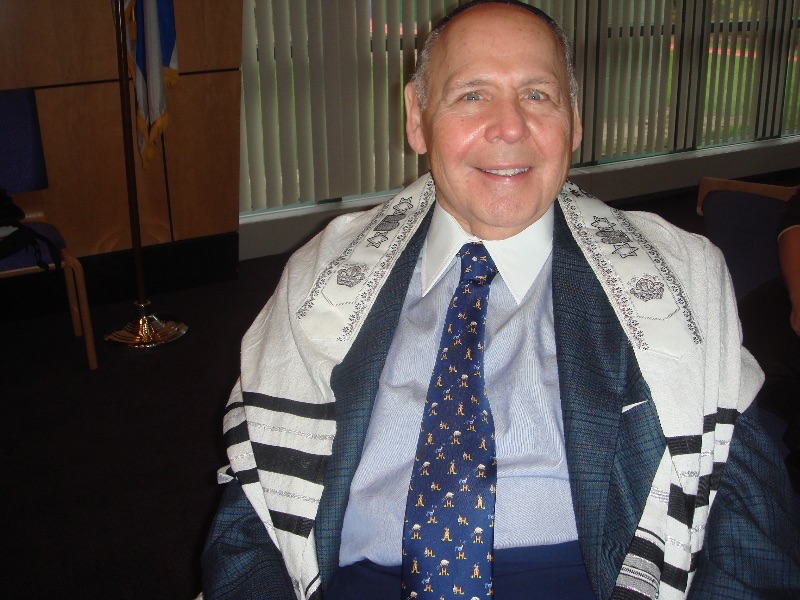 Gene Applebaum
Gene Applebaum
Always Working, Even at a Young Age
For most of Gene's life, he was in business. At age 12 he was the fountain and stock boy at the old Fox Drugs at Broadstreet and Elmurst. During summer vacations from Central High and from college, he sold clothing for United Shirt. He worked at Tom’s Hotel as the night clerk, he worked at Roland Drugs and he sold newspapers. His parents were always very supportive—so supportive that at 11 o’clock at night when 16-year-old Gene left the drug store to sell papers around the corner, his parents took the Broadstreet bus and then the Woodward streetcar to bring him a tuna fish sandwich. And while Gene ate, his father sold the papers.
While his parents were extremely supportive, they also made sure he would reach his full potential. Selling papers brought Gene a “fair” amount of cash in those days, so when his boss stopped calling him, he wondered why. Later, Gene saw his boss and asked why he didn’t want him to sell papers anymore. The boss told him:
“Your mother didn’t want you to get too enamored with making money. She wanted you to go to college.”
